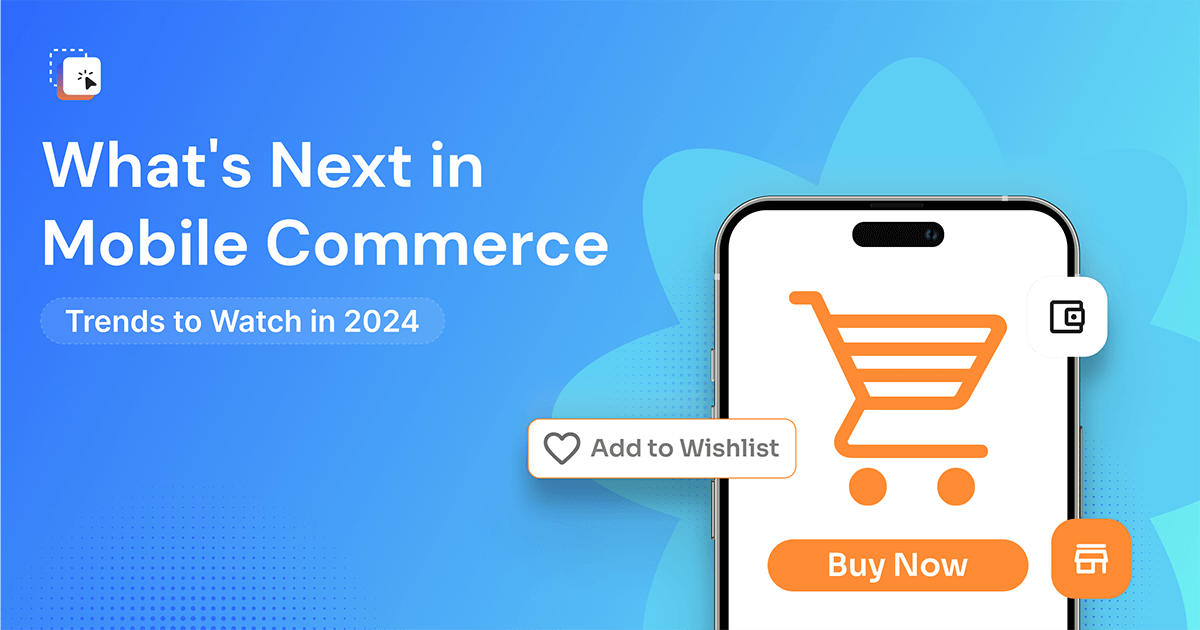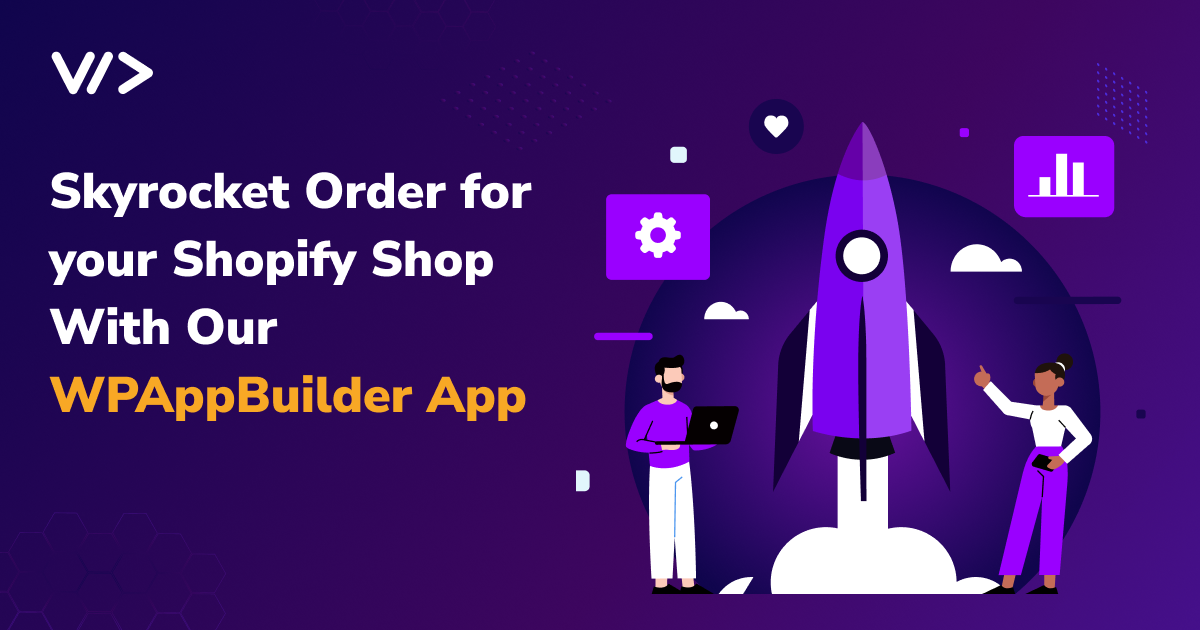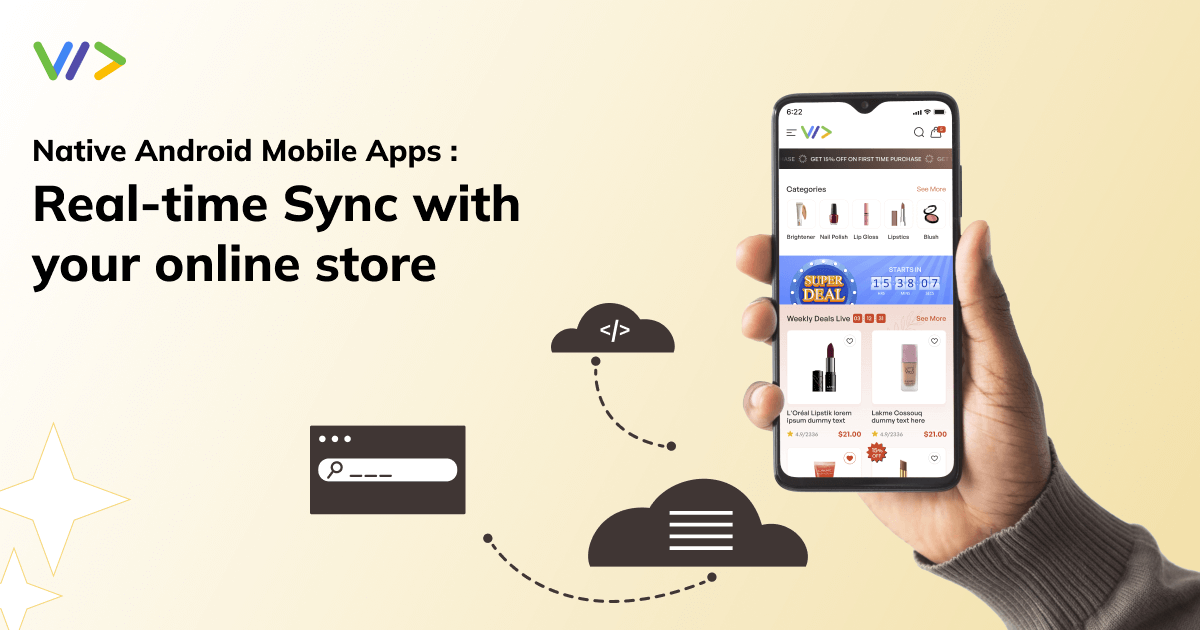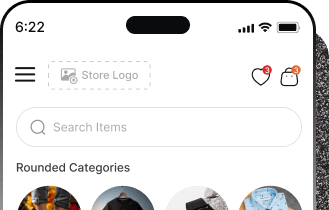Native Mobile App vs. Shopify Mobile App: Which Is Best for Your Business in 2024?
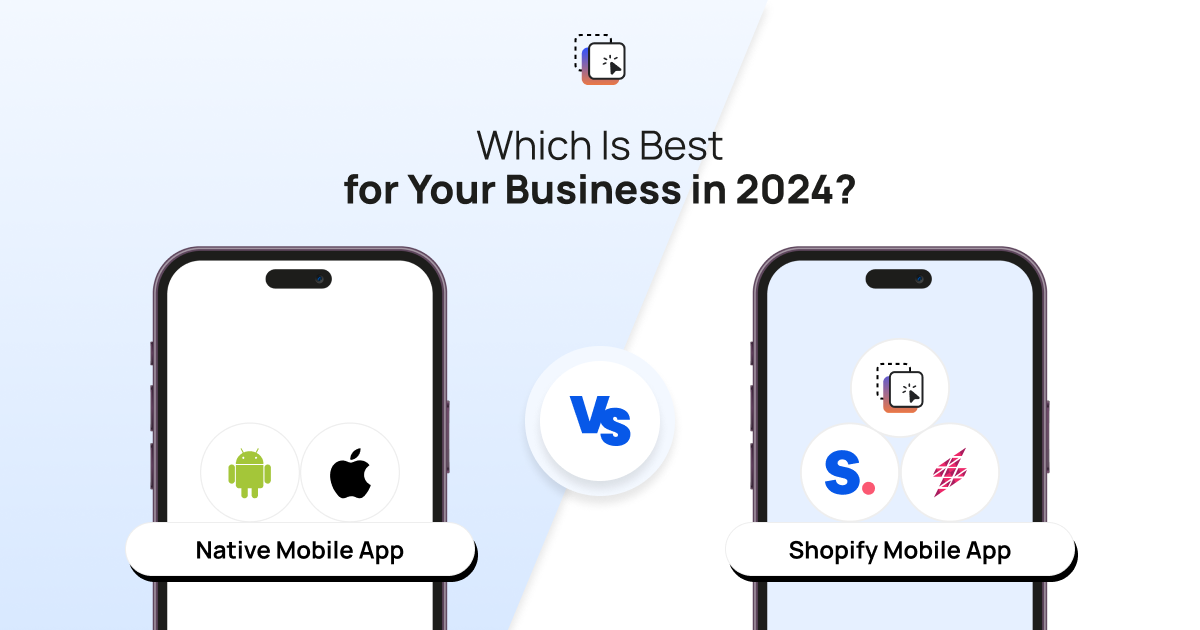
The choice between native mobile apps and platforms like Shopify Mobile can significantly affect the success of your business. Native mobile apps, optimized for specific devices, offer unparalleled performance and security, while Shopify Mobile apps simplify online store management and customer engagement.
In this blog, we will discuss the strengths and weaknesses of Native mobile apps and Shopify mobile apps.
What are Native Mobile Apps?
Native apps are applications specifically designed for a particular mobile device, like a smartphone or tablet. These apps are installed directly on the device and often run as independent applications. They are typically obtained through online stores or marketplaces such as the App Store or Google Play for Android devices.
Benefits of Native Mobile Apps
Enhanced Performance and Responsiveness:
Native mobile apps are responsive and offer high-level performance as they are built on a specific platform. They are developed using the platform’s primary programming language and APIs, which allow the app to function smoothly and efficiently. With the app stored on the device, the software can make use of the device’s processing speed.
While users explore a native mobile app, the content and visual elements are stored on their phones, which will result in swift loading times. Due to the seamless integration with the operating system, native apps face fewer performance bottlenecks in comparison to cross-platform and web apps.
With direct access to device hardware such as cameras, GPS, accelerometers, and microphones, native apps operate more efficiently, which makes it perfect for processor-heavy apps, such as sophisticated games with tricky 3D graphics, photo filters, or video editing.
Robust Data Security:
While web apps depend on various browsers and underlying technologies like JavaScript, HTML5, and CSS, a native mobile app is the right choice to ensure the safety of your user's reliable data.
Function without Internet Connectivity:
Native mobile apps are designed in such a way that they can function smoothly even if there is no internet connectivity, which makes them superior.
Seamless User Experience:
Native mobile apps offer a seamless user experience (UX). Native applications, being tailored versions of a device's default apps, instill an immediate sense of familiarity for the user. It's because they emulate the design and operational flow of the apps already present on the device, ensuring they are intuitive and simple to navigate for users.
Drawbacks of Native Mobile Apps
Lack Flexibility:
There is no room for flexibility among developers when selecting the platform for native app development. Developers have to code separately on the Android and iOS platforms. They are supposed to hire developers for both Android and iOS.
High Development Cost:
Developers have to code carefully as the programming language used in the native mobile apps is complex. Native mobile app development is time-consuming and expensive.
Developing native apps for various platforms requires a different codebase, which extends the development timeline and consequently increases costs. Moreover, the maintenance cost is also high.
Lengthy Development Process:
As we mentioned earlier, it requires a separate set of codes for both Android and iOS, which consumes a significant amount of time. It takes time to create a high-quality native app.
What Are Shopify Mobile Apps?
Shopify mobile apps are developed by Shopify, the popular e-commerce platform in the current scenario. They are built with the Android Buy SDK to create custom storefronts for mobile devices. Their connection to the Shopify platform is established through GraphQL, an open-source query language designed for APIs, which ensures responsiveness on smartphones and provides customers with a seamless shopping experience.
Shopify mobile app builder also helps you in building a mobile app. They also allow you to effectively manage your store using your smartphone. Let’s discuss what Shopify mobile apps offer to users.
Benefits of Shopify Mobile Apps
Shopify mobile helps enhance the functionality of your Shopify store. They are also helpful in managing your products, and orders effectively. Let’s discuss the benefits and drawbacks.
Simple User Interface:
Shopify mobile apps have a simple user interface along with advanced features. Even the premium apps on Shopify are user-friendly. They offer features like augmented reality (AR), virtual reality (VR),push notifications, and in-app wishlists. However, they are super easy to use. The simplicity is the USP of Shopify mobile apps.
Ensure Quick Connection with Customers:
Online businesses require a strong connection with customers. To make this bond even stronger, Shopify mobile apps use artificial intelligence (AI) tools to help store owners analyze customers’ preferences, which eventually translates into increased conversion rates.
Boost Brand Image:
With analytical tools within the Shopify mobile apps, you can easily analyze your target customers and their likes and dislikes, enabling you to make strategies based on the collected data through analysis. This will enhance your brand's visibility.
SEO-Friendly:
Shopify mobile apps are equipped with SEO-friendly tools that help your brand enhance its visibility on Google search engines. These tools allow you to implement best SEO practices such as meta title and meta title descriptions, URL optimization, identification of target keywords, and more.
Drawbacks of the Shopify Mobile App:
Limited Customization:
There are limited customization options available in the Shopify mobile apps. Moreover, you have little control over the app’s design and functionality in comparison to native mobile app builders.
Less Responsive:
Shopify mobile apps may not be as responsive as native mobile app builders, which ultimately influences the user experience.
Compatibility Issue:
There is a possibility that certain Shopify apps and themes aren't fully optimized for mobile, which might cause functionality issues when users access them through smartphones or tablets.
Final Thought:
When choosing between native mobile apps and platforms like Shopify Mobile for your business in 2024, it's important to focus on the advantages and limitations each option offers. Native mobile apps offer superior performance, robust security features, offline functionality, and seamless user experiences. However, they have the drawback of being less flexible and incurring higher development costs and time-consuming development processes.
On the other hand, Shopify Mobile apps offer simplicity, ease of use, and advanced features for enhancing customer engagement and boosting brand visibility. Nevertheless, they may lack customization options and responsiveness compared to native apps. Ultimately, the best choice should be based on your business's unique requirements and long-term goals.
Related blogs
